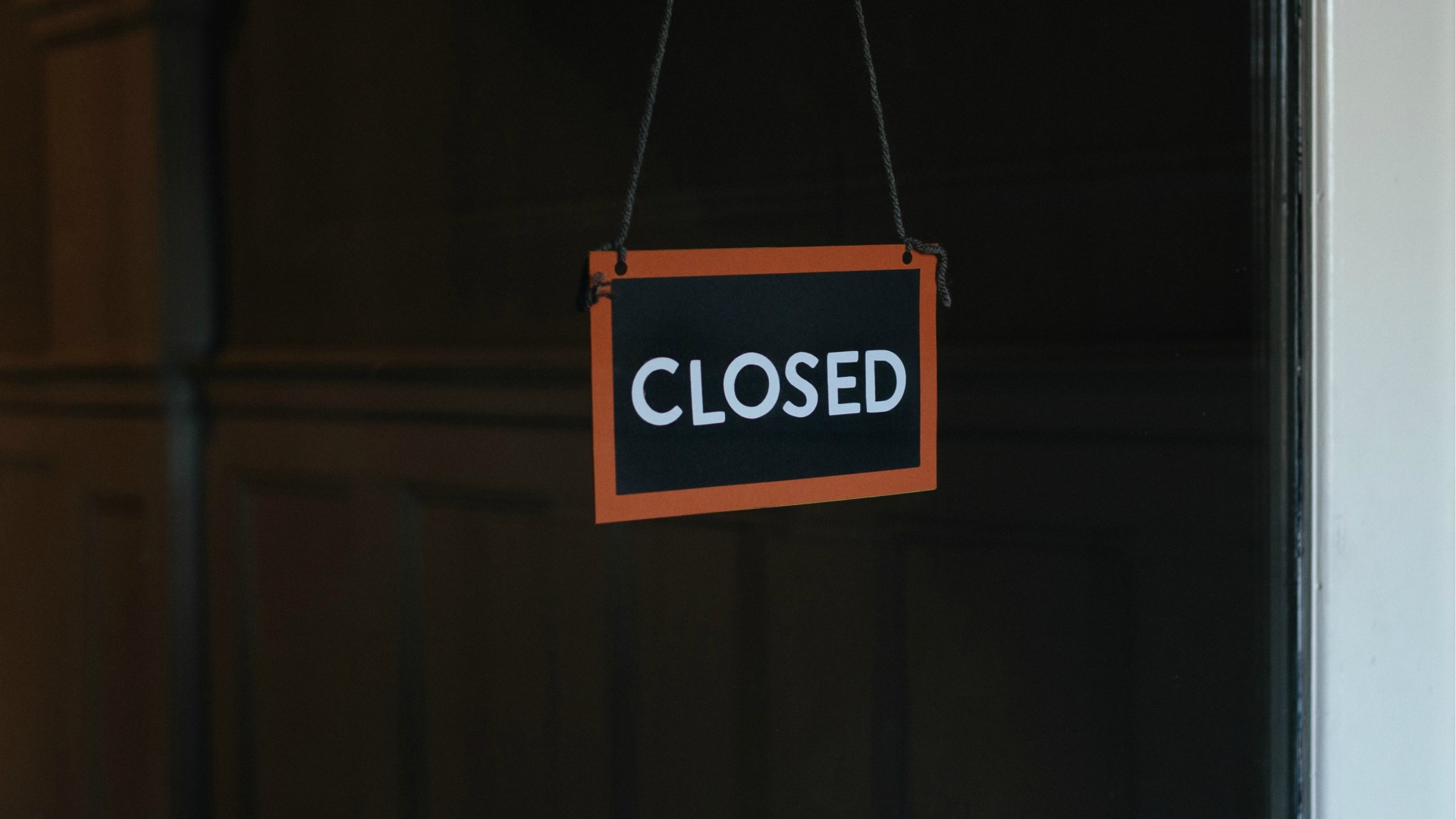I flew home to Dallas from a conference in Orlando early in March as the impact of the pandemic dawned on America. Will we have to stay home for a few weeks? I wondered . Will our church pause in-person worship services for a while?
Nearly four months later, as we’re reopening after months of lockdown, Texas is suffering drastic spikes in infections. My questions, and those of my fellow Texans, about when and how it will be safe to gather again have only deepened and intensified since springtime.
As I scroll through my social media feed reading headline after headline, it seems that for many decisions that should be based in science have instead become political and cultural talking points. Masks, some Facebook posts tell me, are not a verified means of slowing the spread of COVID-19, but rather they infringe upon my personal freedoms. Restrictions on gatherings do not ensure a safer public, a tweet declares, but a country held captive by its government. Others brag that they yelled at a stranger who didn’t maintain social distancing.
Americans now face an existential crisis about what matters most, how we relate to one another, and how we will forge a common future. Ultimately, these conversations can and should be led by religious institutions. As Michael Cherenkov wrote in a recent article for Christianity Today, “When the government is helpless and public institutions are paralyzed, the church is on the front lines.”
While many churches have cared for the poor, spoken peace in a troubled time, and advocated for the oppressed, forgotten, and unheard during the pandemic, others have tragically fixated on plans for reopening.
The Supreme Court recently rejected the claim of a California church that religious institutions should be exempt from gathering restrictions. Chief Justice John Roberts wrote in a concurring opinion, “Although California’s guidelines place restrictions on places of worship, those restrictions appear consistent with the free exercise clause of the First Amendment. Similar or more severe restrictions apply to comparable secular gatherings, including lectures [and] concerts… where large groups of people gather in close proximity for extended periods of time.”
I lament that this decision had to be handed down because it indicates that some churches have yet to discern their role in this moment. As many congregations have shown, faithful witness requires a spiritual imagination and practical implications in order to distinguish the church’s work from that of businesses and organizations. The church finds its collective identity not primarily in terms of national allegiance but in kingdom citizenship. Followers of Jesus locate themselves first in "an enduring city… looking for the city that is to come” (Hebrews 13:14). While some believe that this means Christians should isolate themselves, the broader context of Scripture makes clear that the church is called to full engagement with culture—to ”seek the welfare of the city where I have sent you into exile, and pray to the LORD on its behalf, for in its welfare you will find your welfare” (Jeremiah 29:7).
Because the church is necessarily different from a business or other entity, we must consider whether or not it’s logical to say that churches should be treated similarly to other secular businesses when it comes to the pandemic. Put more simply, does the fact that a restaurant or retail store is allowed to re-open necessarily mean that churches should be free to gather en masse again? Perhaps not—because the church assumes a greater responsibility for our neighbors than the marketplace does.
In Texas, we talk a lot about personal responsibility. Many believe that each individual is responsible for their own level of COVID-19 risk. But the pandemic doesn’t operate individually; it operates communally. People who base their actions on their comfort level or assumed risk may not think about the ways they expose others to risk. As the largest “volunteer” organization in the world, the church’s practices of gathering, hospitality, and physical presence across generational, racial, and socioeconomic lines uniquely position it to accelerate the spread of a virus. Therefore, we must prioritize our communal responsibility above our personal and congregational desires.
Here is the essential question we need to ask about regathering: What is best for our area? There isn’t a one-size-fits-all solution. Based on the local virus data, what are the risks? What actions, or inactions, will protect our neighbors—especially the elderly and medically vulnerable? How can we be known in our community for fighting for the rights of others rather than our own?
One tool that can help congregations assess their risk level and context is the “What Now?” process developed by RootedGood, which helps churches and faith groups analyze where they’ve been, where they are, and where they want to be in the future. A global pandemic and changing world require adaptation, but they don’t require panic or overreaction. RootedGood helps faith leaders take stock of the needs of their congregation and respond as light in a dark world. The answers may not all be clear, simple, or immediate, but they can be found, and the questions themselves remind us of our dependence on a God who knows and holds the future. As we engage an increasingly uncertain future, may we do so with faith in the One Who Sees and with hearts set on loving our neighbors.
Brent McDougal is the pastor at Cliff Temple Baptist Church in Dallas, Texas, and is the author of Faith, Hope & Politics.
Posted